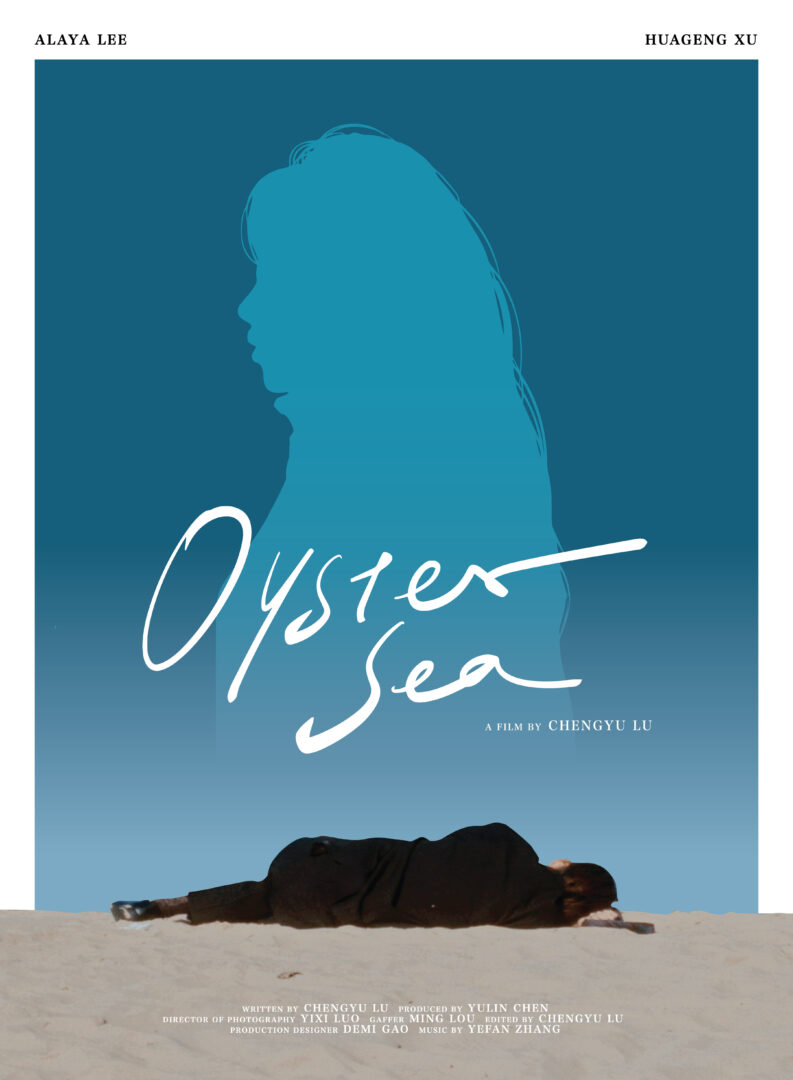Alright – so today we’ve got the honor of introducing you to Chengyu Lu. We think you’ll enjoy our conversation, we’ve shared it below.
Chengyu, thanks so much for taking the time to share your insights and lessons with us today. We’re particularly interested in hearing about how you became such a resilient person. Where do you get your resilience from?
I believe my resilience comes from an enduring passion for cinema and a deep respect for the craft of filmmaking. Growing up in Beijing, I was surrounded by a culture where stories carried weight—where film was more than entertainment, but a collective mirror. That early fascination turned into a lifelong commitment.
When I first moved to the United States to study film, I found myself in an unfamiliar cultural landscape. For a time, I struggled to find my footing—not just in language, but in understanding how people think, communicate, and create here. But gradually, I opened up. I started listening more, observing more, and embracing the differences. Over time, the multicultural environment became not a challenge, but a source of inspiration.
As those cultural seeds took root within me, they reshaped my mindset. That curiosity-driven, inclusive way of thinking has since become central to both my creative work and my professional journey. It fuels the way I collaborate, the way I see stories, and the way I adapt to new roles—whether I’m directing, designing a set, or managing a production team.
Resilience, for me, isn’t about being tough—it’s about being open. Open to people, to processes, to failure, and to growth. That’s what keeps me moving forward, frame by frame.
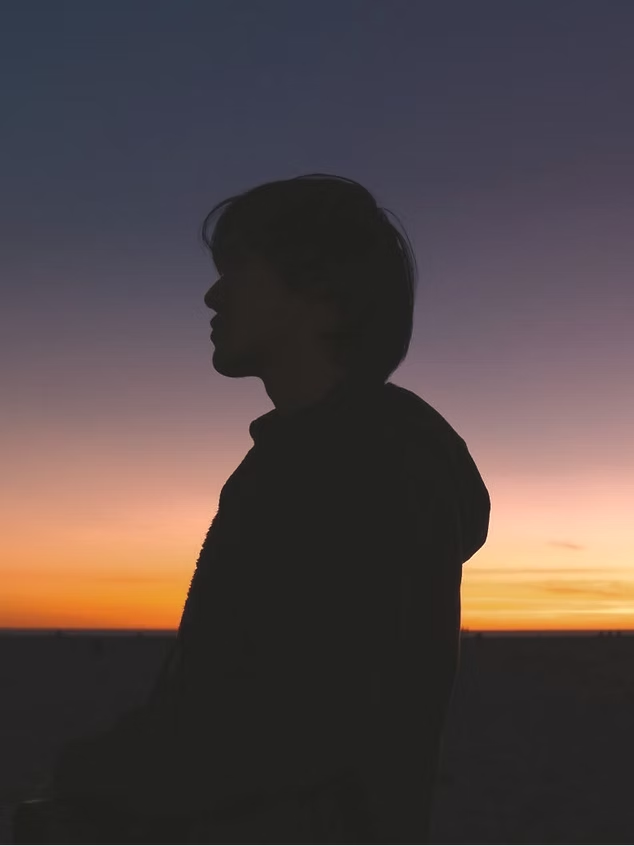
Thanks for sharing that. So, before we get any further into our conversation, can you tell our readers a bit about yourself and what you’re working on?
My name is Chengyu Lu. I’m a filmmaker based in Los Angeles, originally from Beijing, China. I work across multiple departments in the film industry, including art direction, production, and independent directing. What draws me deeply to this field is how cinema blends structure and emotion—how it speaks to both the mind and the heart.
I started my journey as a writer-director. My short film Far Above the Sky was selected by the Golden Rooster and Hundred Flowers Film Festival, one of the most prestigious film honors in China. My graduation film Oyster Sea also screened at several international film festivals. After graduation, I began working in the art department and production teams of various film projects in the U.S., enjoying the hands-on process of building visual worlds and collaborating closely with directors, cinematographers, and producers.
What makes my perspective unique is my ability to move fluidly between cultures and disciplines. Having lived and worked in both China and the United States, I’ve developed a mindset that thrives on contrast, translation, and connection. I see cultural difference not as a barrier, but as a creative resource—a way to bring more depth and nuance into visual storytelling. Whether I’m leading the design of a set or assisting on the logistical side of a shoot, I’m always thinking about how meaning is constructed across language, space, and cultural code.
I’m also passionate about street photography, and some of my visual work has been selected by Photo Vogue. This practice helps sharpen my eye for spontaneity, composition, and emotional detail—qualities I carry with me into my film work as well.
My career continues to evolve as I explore different roles in filmmaking. But what stays constant is my curiosity, my respect for the medium, and my commitment to building images that speak—quietly but powerfully—across boundaries.
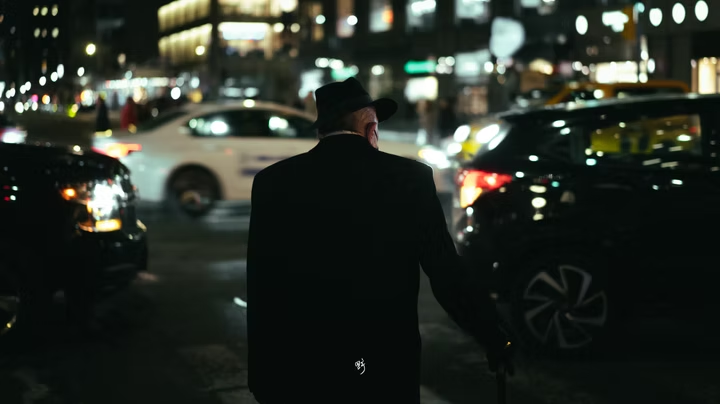
Looking back, what do you think were the three qualities, skills, or areas of knowledge that were most impactful in your journey? What advice do you have for folks who are early in their journey in terms of how they can best develop or improve on these?
Looking back, three things have been especially impactful in my journey: adaptability, visual sensitivity, and cross-cultural thinking.
Adaptability has been essential. The film industry is unpredictable, fast-moving, and full of change—especially when you work across different departments. I’ve had to constantly shift between creative and logistical roles, learn new tools on the fly, and navigate unfamiliar environments. My advice to emerging filmmakers: stay open, stay humble. Don’t get attached to titles—be attached to learning. The more departments you experience, the deeper your understanding of cinema becomes.
Visual sensitivity is another key. Whether I’m directing or designing, I rely on my ability to observe—shapes, spaces, colors, emotions. I recommend developing this not just by watching films, but by going out into the world. Walk. Look. Photograph. Let your eyes feel before your brain starts analyzing. Over time, you’ll build an internal compass that guides your aesthetic decisions.
Finally, cross-cultural thinking has shaped everything I do. Moving from Beijing to Los Angeles forced me to re-learn communication, collaboration, even visual language. But over time, that cultural contrast became a source of creative energy. My advice: don’t just “assimilate”—translate. Be curious about how people from different backgrounds perceive images, symbols, and emotions. That curiosity will not only help you work better with others, it will make your work more layered and universal.
At the core of all this is one principle: treat filmmaking as a long game. If you keep growing, your voice will find its shape.
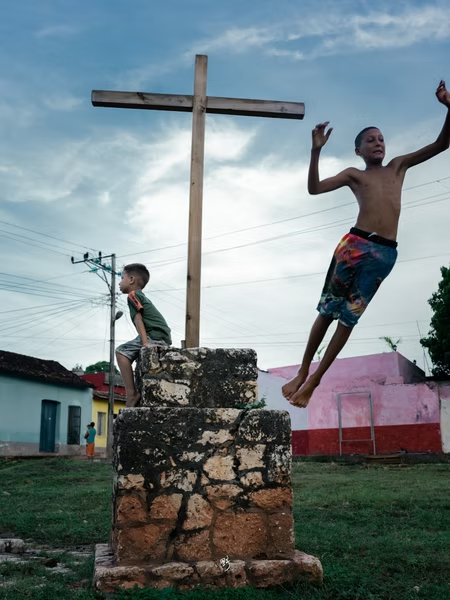
What do you do when you feel overwhelmed? Any advice or strategies?
When I first graduated from film school, I thought I was ready. I had directed award-winning projects, collaborated with amazing peers, and learned so much. But stepping into the actual industry was a different kind of challenge. The pace was faster, the expectations sharper, and the pressure more real. I quickly realized that graduation wasn’t an arrival—it was just the beginning.
That transition overwhelmed me more than I expected. The pressure to prove myself, to adapt quickly, to keep up—it all built up quietly. What helped me most wasn’t retreating inward, but reaching outward. I would step outside, walk through the city, and talk to people—even strangers. I’d ask them questions. I’d look into their eyes. Maybe it’s the filmmaker or photographer in me, but I truly believe that the real world, and the people living in it, hold more clarity than any internal noise.
Those conversations, those glimpses into other lives, always grounded me. They reminded me that I’m just one person in a vast, intricate world—that no problem is as permanent or as big as it feels in the moment.
So my advice is: don’t isolate yourself when things feel heavy. Step outside your mind and into someone else’s reality. Listen. Observe. The world will remind you that you’re not alone—and that you’re already part of something bigger than yourself.
Contact Info:
- Website: https://www.luvisuals.com
- Instagram: chengyulu1998
- Linkedin: https://www.linkedin.com/in/chengyulu/
- Other: https://www.imdb.com/name/nm12816943/
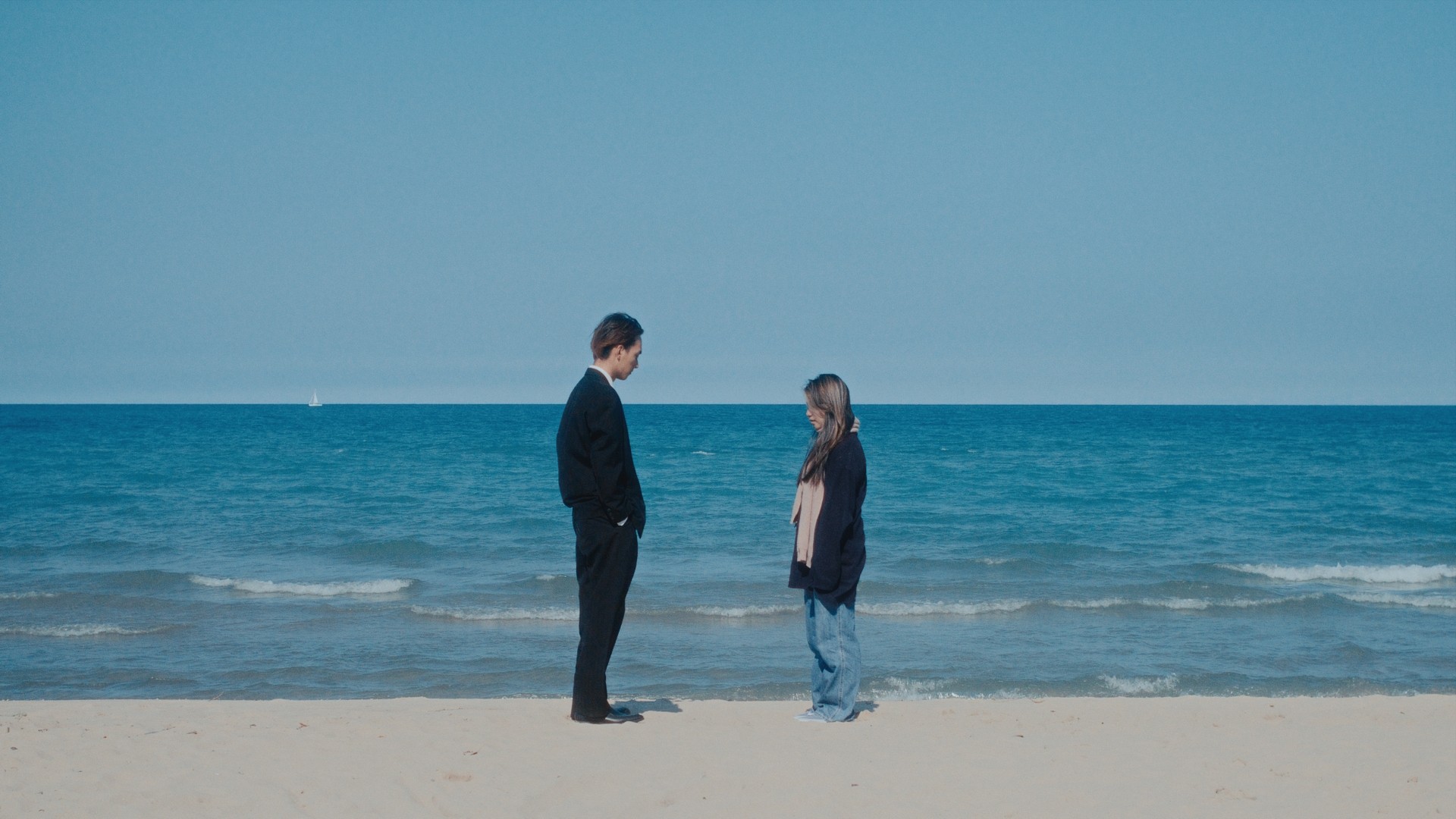
so if you or someone you know deserves recognition please let us know here.

